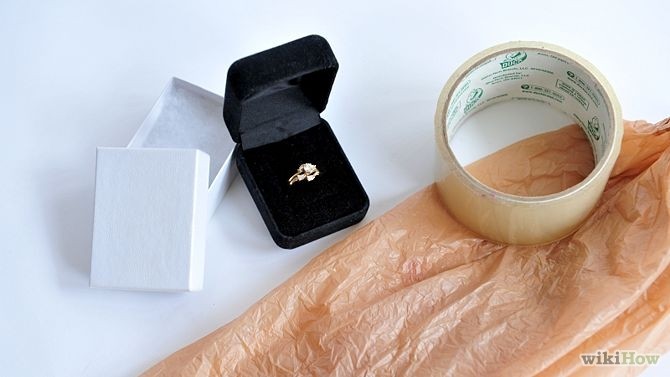8 Safe Places to Keep Your Money
Post on: 21 Октябрь, 2015 No Comment

With the stock market acting up again, and some concerned about the fact that the economic recovery is moving at a snails pace (or even possibly moving toward a double dip recession), looking for safe places to put your money is becoming important. You may not be overly concerned with huge returns right now; safety has become vitally important. If you are looking for some fairly low risk things to do with your money, here are 8 safe places to consider putting your money:
1. Bonds
One of the safest places to park your money is in bonds. Bonds are basically loans you make to different organizations. While there was some shake-up in the corporate bond market a couple of years ago, after the financial crisis, some companies are back on their feet, and you can get relatively safe bonds. Municipal bonds also carry fairly low risk, along with some special tax advantages. And, of course, the safest bonds are U.S. Treasury bonds.
You should realize, though, that bonds are not completely safe. There is still the risk of default, and if you get bonds from organizations with lower ratings, the risk of default increases.
2. Bond ETFs
If you are looking for something with a little more diversity, and the possibility of slightly higher returns, you can consider bond ETFs. Exchange traded funds are collections of investments that are traded on the stock market like a regular stock. You can invest in a diversity of bonds, taking advantage of their relative safety. You should realize, though, that bond ETFs come with their own risks, and they are not insured. You can get Treasury ETFs, as well as invest in muni ETFs and even foreign bond ETFs. Be aware of the risks, but also realize that bond ETFs are reasonably stable, and can provide a viable place for your money.
3. TIPS and I-Bonds
If you want the safety of Treasury bonds, and you want to keep pace with inflation, TIPS and I-Bonds are good choices. These bonds are backed by the U.S. government which is backed by U.S. taxpayers, widely considered the most stable taxpayers in the world. TIPS and I-Bonds are adjusted for inflation, so your purchasing power is preserved, along with your capital.
4. High Yield Bank Accounts
There are a number of high yield bank account options these days. This includes high yield savings accounts, rewards checking accounts and money market bank accounts. Despite the name high yield, though, it is important to realize that yields may not be that high. The term high yield is only in comparison to yields on more traditional accounts. However, if you are going for safety, an FDIC insured financial institution can help you keep your capital safe and sound, guaranteeing that you will get it back, even if your bank folds.
5. Certificates of Deposit
Another thing you can do is to put your money into CDs. Certificates of Deposits are protected by FDIC insurance, so you know that your money is guaranteed. If you are willing to commit to a longer CD term, you can also reap larger yields, in addition to keeping your money save.
However, a longer term often comes with the risk that yields will rise, and you will be unable to take advantage of them. In order to mitigate this problem, consider creating a CD ladder. That way you will have the option of periodically taking advantage of possibly higher rates, while your money grows (slowly) in safety.
6. Money Market Mutual Funds
These are different from money market bank accounts. First of all, your bank account is usually FDIC insured, so you are protected against loss. A money market mutual fund, though, offers you the chance to enjoy capital preservation while earning a return. A money market mutual fund offers the opportunity to invest in a variety of cash assets, and so is relatively safe. However, it is important to realize that there is a chance that you could lose money in this type of investment. Your returns will be rather low, though, because of the low risk nature of cash products.
7. Pay Down Debt
Another thing you can do with your money is to advance your future by paying down debt. Most of these safe products and investments offer rather low rates of return. Whenever anything offers low risk, it is likely to have a low rate of return. This is because potential earnings are related to your risk of loss. As a result, you might find that safe places to put your money will not offer a great deal of return. If you have high interest debt, you might actually be ahead to aggressively pay it down, instead of putting that money in a CD or money market account.
8. Prepare for the Future
Another unconventional (but safe) place to put your money is in supplies and emergency preparedness. If you have some money to spare, you might consider buying items that can be used as long term food storage, or get some emergency supplies. That way, if a financial crisis strikes your family, or a natural disaster comes into play, you will be ready. You will not have to spend as much money on supplies, and you will have some of what you need. Proper preparation for the unexpected can be considered a safe investment in your own future even if you do not see monetary returns.














